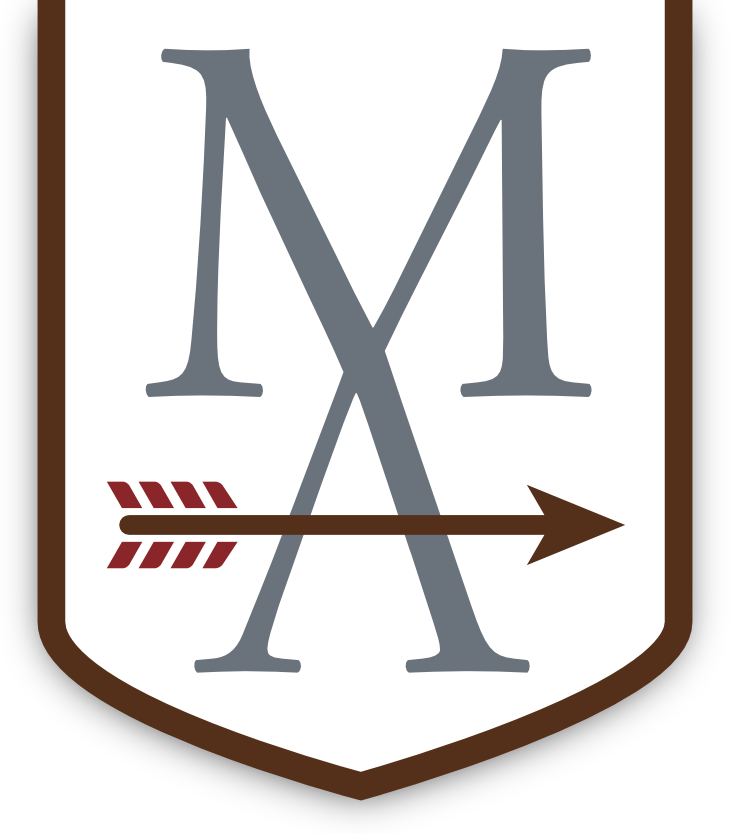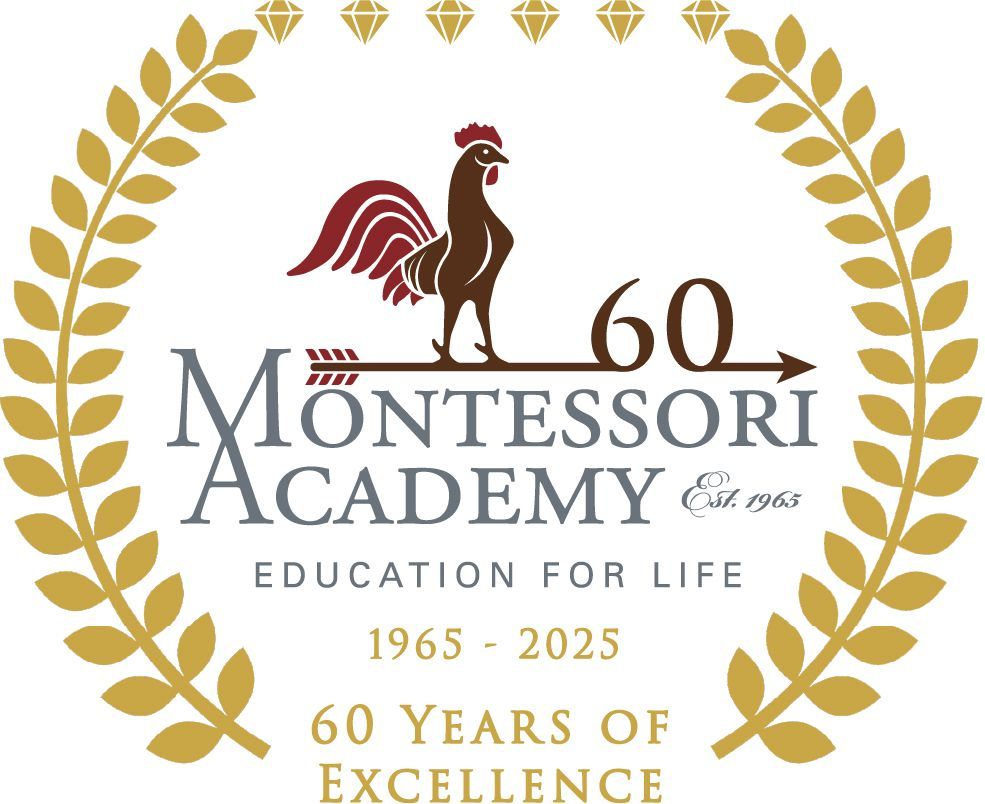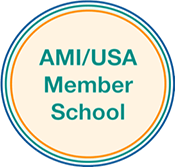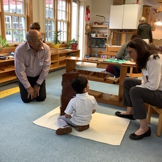
Aleta Ledendecker was a Montessori teacher for nearly 40 years. She started her own Montessori school and taught early childhood through adolescents. Aleta was also a Montessori teacher trainer. She is now retired and has three grandchildren. In honor of Grandparents Day on July 26, Aleta shared some thoughts about Montessori and grandparenting.
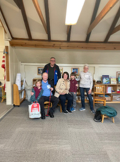
As a former Montessori teacher, how has Montessori shaped the way you grandparent?
A new world of love and support revealed itself to me with the birth of my grandchildren. Being a grandparent is so different from parenting. Parenting is hard, so of course, when my grandchildren were born, I had the desire to help out in any way that could ease the burden.
As a Montessorian, I also know the importance of those first years. We are the grandparents who give the developmentally appropriate “toys” and art materials. We read to the grandchildren when we are visiting. And I tell them stories about when I was a little girl. I knew how much my Montessori students enjoyed those stories from “long ago” and, with my grandchildren, they take on new meaning as a way to share a tangible piece of the past with the future.
I remember a parent from my classroom commenting that one of the things she appreciated was that I used a respectful and mature communication style with the children. This was something I have tried to continue as a grandparent. I use words that may be slightly beyond my grandchildren’s comprehension level so they can “grow” into the vocabulary through context clues.
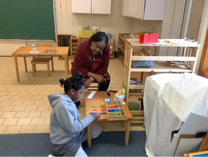
What do you consider to be the role of a grandparent?
I see grandparenting from an alternative view. I often see grandparents using grandparenting as a chance to utterly spoil the children. I never really thought about grandparenting that way. I see being a grandparent as being an additional resource, an additional trusted adult, in the lives of my grandchildren. In that way, I want to support their passions and help them develop as best they can at every stage of their lives.
With all of this in mind, what does that look like when you are with your grandchildren? What do you do?
I think about what they enjoy, what their passions are, what they want to do, and what they want to become. I don’t always know what that is, but sometimes I get glimpses. So I like to be there to support their interests, whether that is learning to play the drums or how to invest. I want to be the kind of grandparent my grandkids feel comfortable saying, “Can you help me with this?”
With parents, this kind of help can be very direct. As a grandparent, how do you offer support, especially if you are grandparenting from a distance?
It’s really, really hard to grandparent from a distance. Sometimes I feel like I don’t know my grandchildren as well as I wish. But in my role as a grandparent, I try to listen as hard as I can to what it is they are saying and what it is they are not saying. I try to look at what it is their parents want from them. I think deeply about what their lives might be like in the future and what I can do to help them become the best people that they want to be.
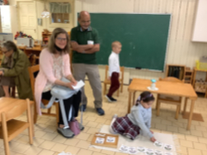
When you are with your grandchildren, what do you prioritize?
One of the things I think is really important is that grandchildren see their grandparents as whole people, not just the veneer of being a grandparent. I like to show them that I have a life too, that there are interests and passions of mine. Because I think if they see that, they get a better sense of how to rely on me as a real person and not just a figure or role. They can see me as a real, whole personality. If they know what I like and what I’ve done in my life, it can give them an idea of how they can better use me as a resource. One of the things I really like to help do is share experiences with them. They get to know me and their grandfather as being people they can experience things with and not just get stuff from.
How do you see your role?
Grandparenting is an adjunct to parenting. As grandparents, we have parented the parent of your grandchildren! One time I said to my granddaughter, “My job is not to entertain you.” In saying that I really meant that I have a responsibility as an adult to help lay a foundation for my grandchildren to grow into wonderful people. I don’t want to just entertain or be the gift giver. I don’t want to play the role of spoiling the children so their parents have to be the ones who discipline. I don’t see that as my role. My role is to be responsible and to help my grandchildren to be responsible as well.
Is there anything else you would like to share?
I want to say to other grandparents, especially those who have grandchildren in Montessori, that this system of education may look very different from what they are familiar with. It may seem foreign. But it really is a wonderful experience for children and will help them grow into wonderful adults.
We wish you a wonderful Grandparents’ Day!
